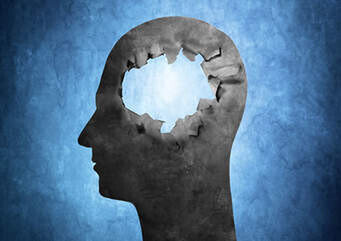WHY ADDICTS KEEP DOING WHAT THEY DO – keeping it simple…
Living with a loved one’s addiction in your life is hard - life changes, your family changes, and you change!! How do I know this???? From my personal experience, from the family members I work with and from the addicts I work with too. Everyone, without fail, tells me that life is a living ‘hell’ much of the time.
When a loved one keeps using despite the problems that drinking or drugging is causing, this indicates your loved one is ‘dependent’ on Alcohol or Drugs – there are 3 factors that keep your loved one trapped in this dependency…
The need to FEEL BETTER is the only reason your loved one uses…
Your loved one has a ‘low tolerance’ for their emotions & few healthy coping strategies to deal with how they are feeling. Their thinking & their emotions are their ‘enemy’, these are confusing & often overwhelming. Drinking or drugging helps your loved one to ‘numb the pain’ or ‘feel nothing’. This way of living life on life's terms can soon becomes a 'dependency' on alcohol or drugs to cope.
All substances impact the BRAIN
All substances are ‘mind altering & mood altering’ and all substances cause ‘brain damage’. The ‘feel good’ receptors in the brain learn quickly how to block out uncomfortable or painful emotions, and / or over thinking. This develops into a predictable cycle, that is immediately 'triggered' when your loved one feels ‘uncomfortable’ or their thinking is driving them ‘mad’. When triggered these receptors send a powerful drug controlled urge to use and / or cravings for the substance. These urges are huge at times, thoughts of drinking or drugging are always there and the more someone uses the stronger the cycle is reinforced.
The Frontal Lobe – is where action / consequence is linked, (informs decision making), when someone is in the cycle of using alcohol or drugs to feel better, the Frontal Lobe no longer works as it should. Continued substance use means your loved one will start to act in ways that are totally unrecognisable & defy common sense. This means that despite the damage to self or others, those who are dependent are unable to break the hold the alcohol or drugs has over their brain.
It is important to understand - someone who is dependent on alcohol or drugs can not recognise the issues or the problems in the way you can, it is not because 'they don't want to change', or that they are in 'denial' - it is because the drug is in control of their brain - and this requires a whole different approach to create change around that.
If you would like to know more - then lets chat:
Click Here to Book a 30-minute Free Discovery Call with me




